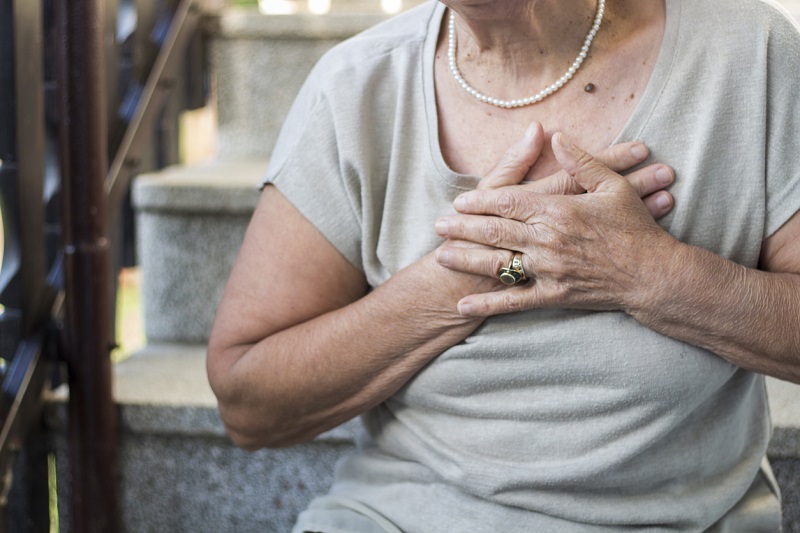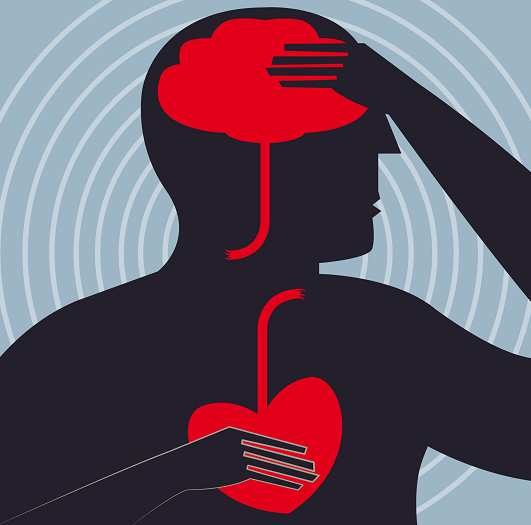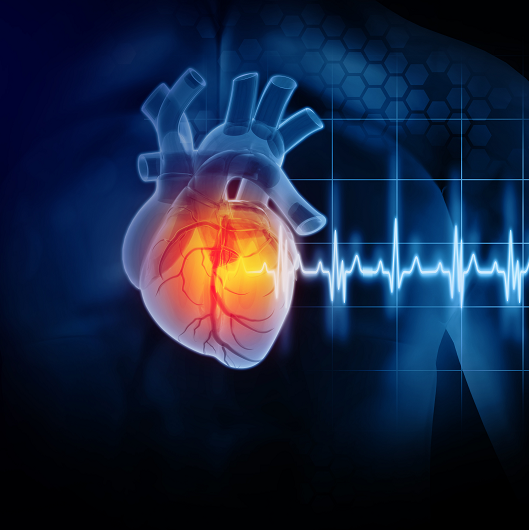What Women Need to Know About Heart Disease

December 12, 2019
Heart disease is the No. 1 killer of women and responsible for about one in every five female deaths.
The key to turning around those staggering stats is proactive awareness, says Sheila Sahni, M.D., a cardiologist at JFK University Medical Center and Raritan Bay Medical Center.
Heart Disease Risk Factors for Men and Women
Certain risk factors for developing heart disease are the same for both men and women, including:
- Smoking
- Family history
- Poor diet
- High blood pressure
- High cholesterol
- Diabetes
- Obesity
- Lack of physical activity
- Stress
- Older age
“But women in general have gender-specific risk factors different from men,” Dr. Sahni says.
Risk Factors Specific to Women
Often, women aren’t aware of their gender-specific risk factors for heart disease. “And that's important because 80% of heart disease is preventable with risk factor control,” Dr. Sahni says.
Those risk factors specific to women include:
Pregnancy-related disorders: Pregnancy can be a woman's first cardiovascular stress test. Women who develop high blood pressure or preeclampsia during pregnancy are at greater risk of developing heart disease later in life, Dr. Sahni says.
- What to do: “It’s very easy for women to forget about their own health after they have a baby with so many life changes going on,” says Dr. Sahni. "However, even if a woman’s blood pressure returns to normal levels after pregnancy, she still remains at-risk and she should see a heart specialist."
Menopause: “As a woman’s estrogen levels decline during menopause, her cardiovascular risk goes up,” Dr. Sahni says.
- What to do: If a woman over age 50 develops a new symptom between the naval and the nose that is brought on by physical or emotional exertion, she should see a heart specialist to assess her risk and work up her new symptoms.
Breast cancer: Women who have been treated for breast cancer are at higher risk of developing heart disease.
- What to do: A woman who has been treated for breast cancer should consult with a heart specialist if she underwent certain chemotherapy regimens, radiation to the chest or has other risk factors for heart disease such as high blood pressure, high cholesterol, diabetes or obesity.
What to Know About Heart Screening
For healthy women who do not pose any elevated risk of developing heart disease, Dr. Sahni recommends that they know their numbers—and stay on top of them. That includes:
- Blood pressure
- Cholesterol
- Blood sugar
- Body mass index (BMI)
For women that do pose additional risk, Dr. Sahni urges them to look past any fear or trepidation. “A heart specialist can help you recognize things that may be early risk factors that need to be treated,” she says. “Seeing a specialist does not mean you are going to have to go on medication.”
Next Steps & Resources:
- Meet our source: Sheila Sahni, M.D.
- To make an appointment with a doctor near you, call 800-822-8905 or visit our website.
- Learn how exceptional cardiac care is just a heartbeat away.
- Centers for Disease Control and Prevention: Women and Heart Disease
The material provided through HealthU is intended to be used as general information only and should not replace the advice of your physician. Always consult your physician for individual care.





